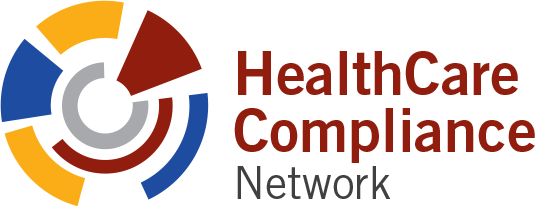The 21st Century Cures Act (“Cures Act”) was approved by Congress in 2016 with the intent to provide electronic access, exchange, and use of health information across all different types of health care entities. On May 1, 2020, the Cures Act’s final rule became effective, making it necessary to implement the requirements of the Cures Act.
This rule’s key provisions are to advance interoperability; facilitate access, exchange, and use of electronic health information; and finally address information blocking.
This will allow patients to gain control of their health care by facilitating access to their electronic health information and increase transparency into the costs, quality, and outcomes of care. This access will be via a secure, standardized, and certified programming interface, otherwise known as an API.
Dates for provider compliance vary by rule provision.
The CMS Interoperability & Patient Access is, for the most part, directed at payers and hospitals to share patient information with other payers and caregivers to improve patient care coordination. From a provider compliance standpoint, one provision requires that they update their digital contact information in the National Plan and Provider Enumeration System (NPPES). This includes providing digital contact information such as secure digital endpoints like a Direct Address or an FHIR API endpoint, making this valuable, secure contact information available to facilitate care coordination and data exchange easily accessible.

